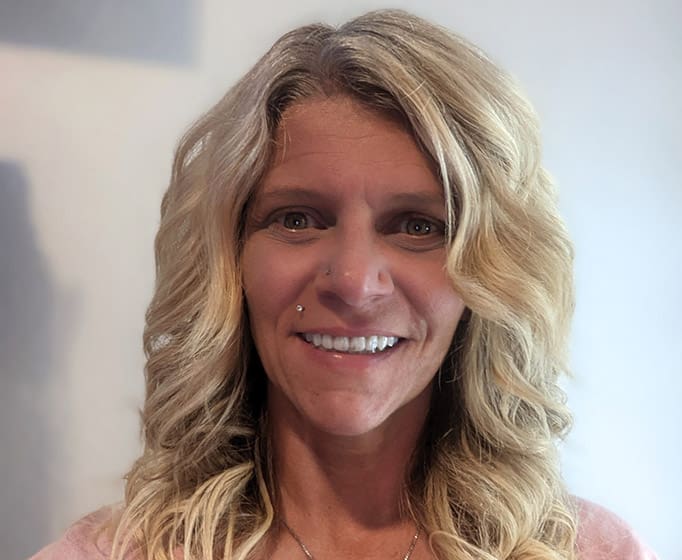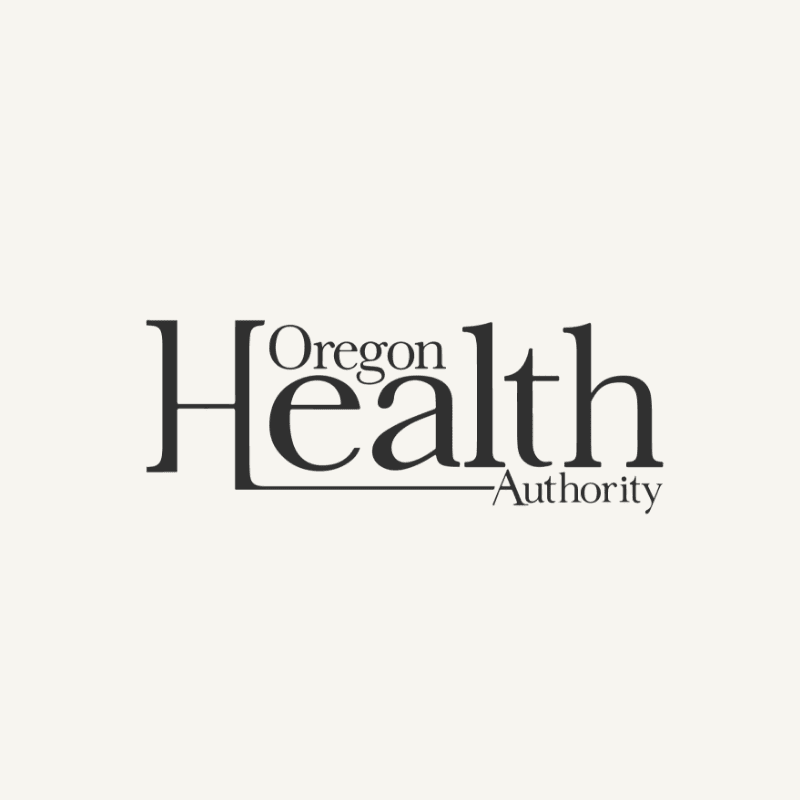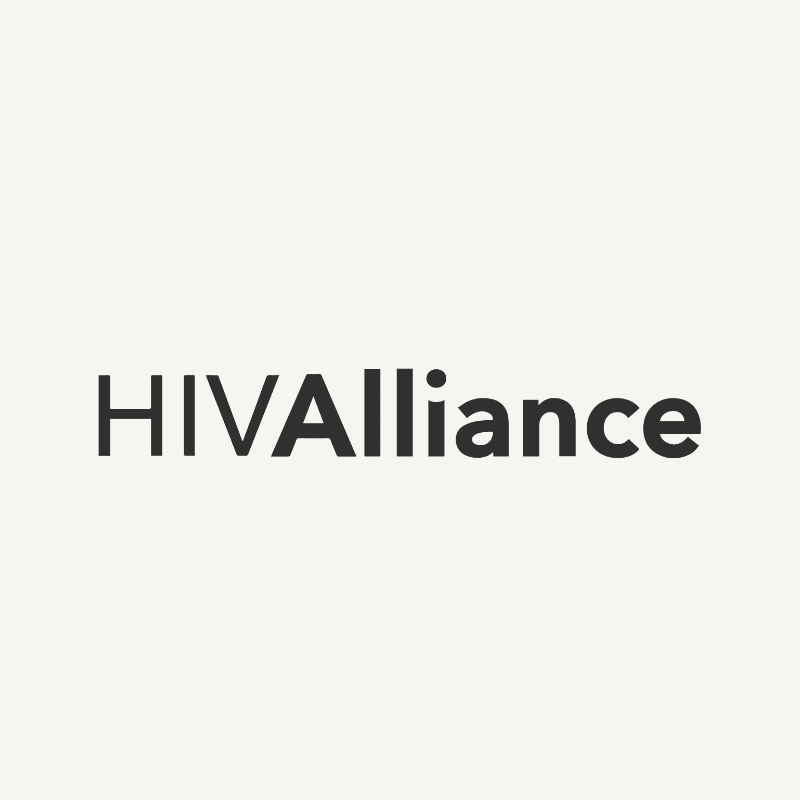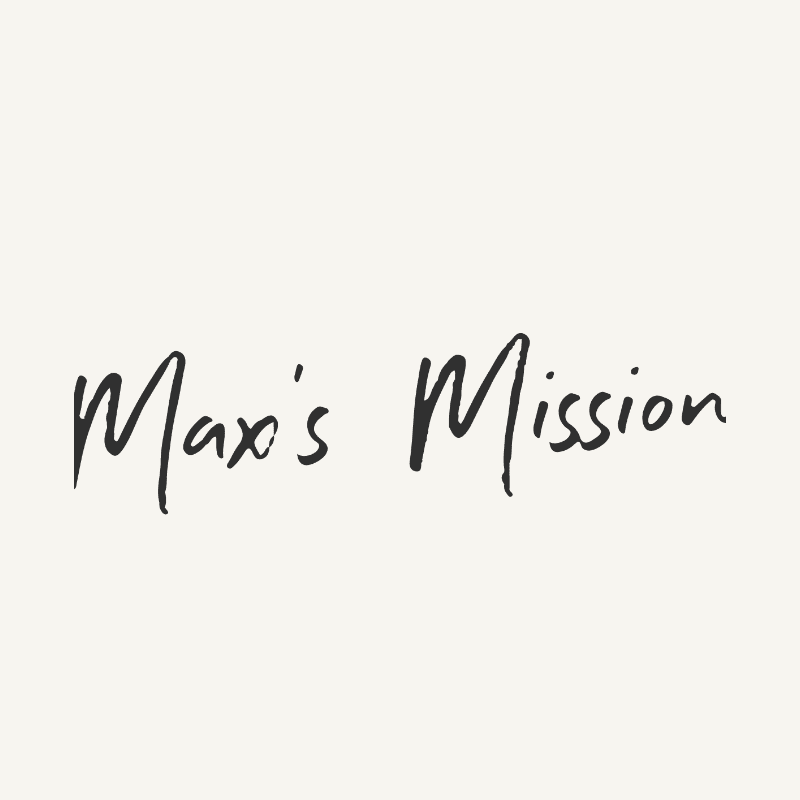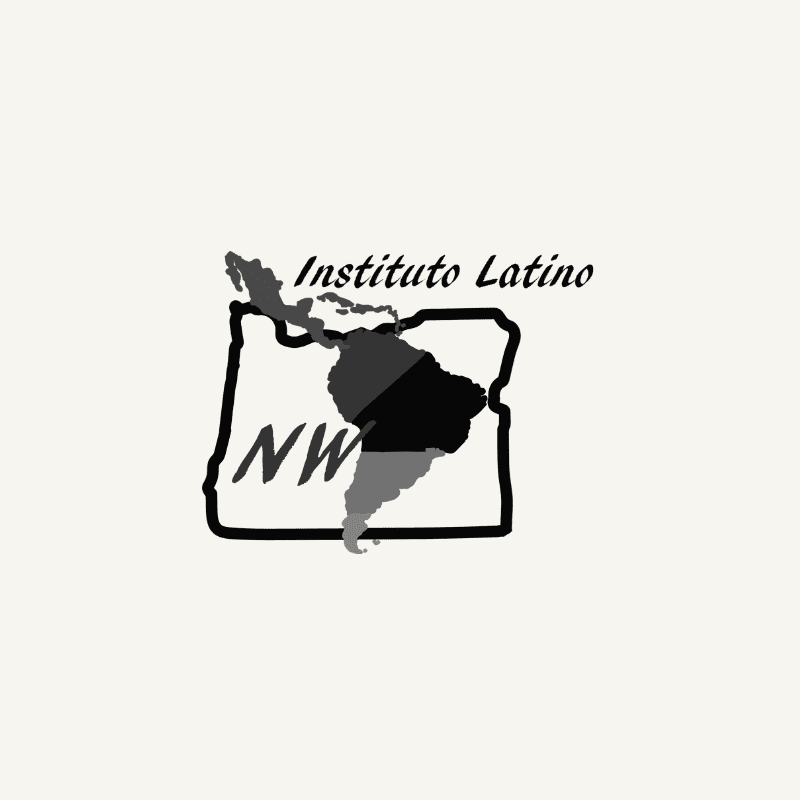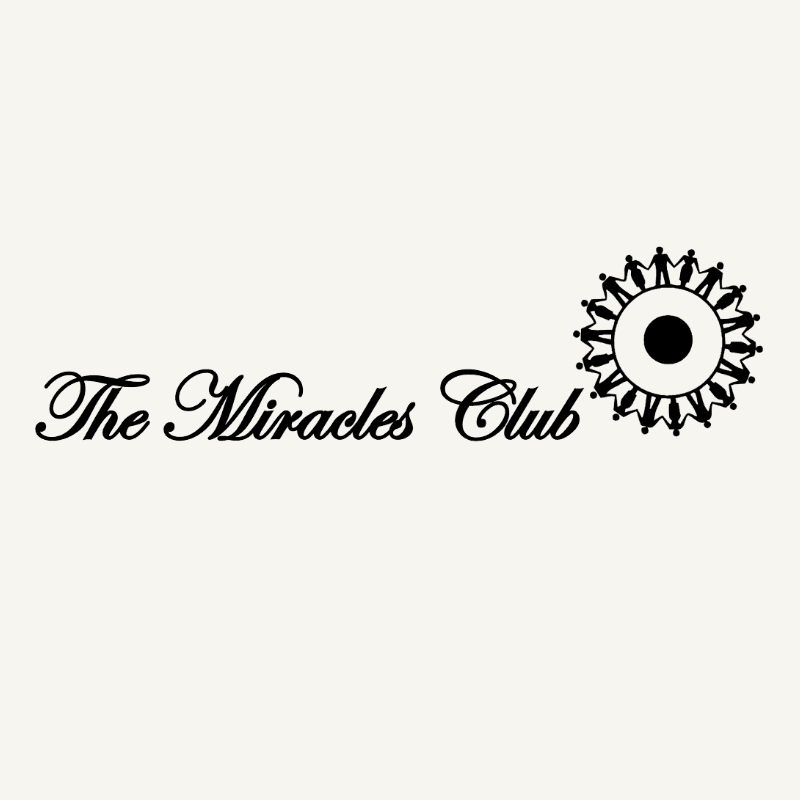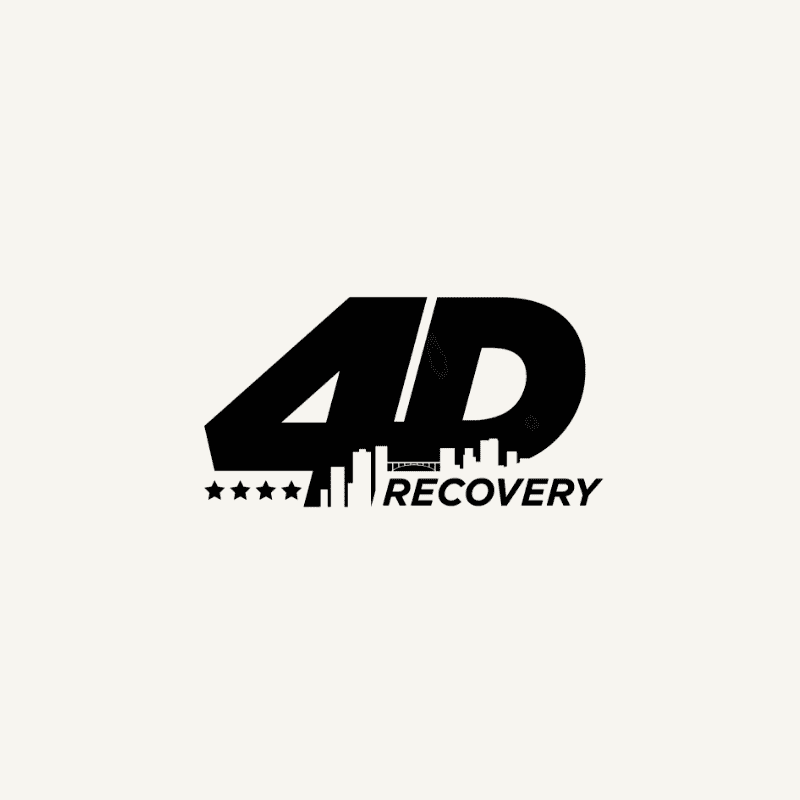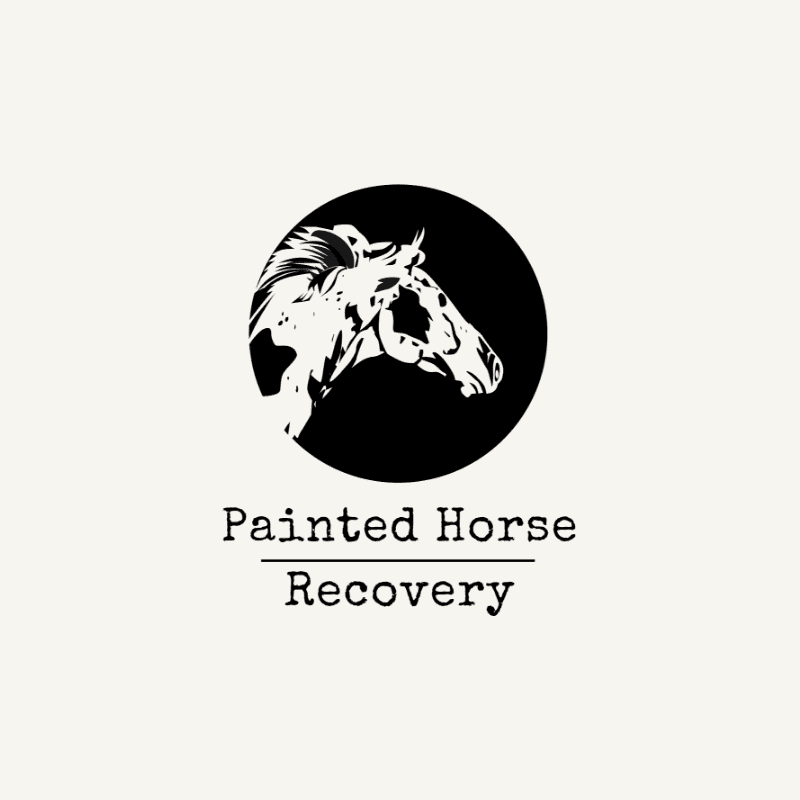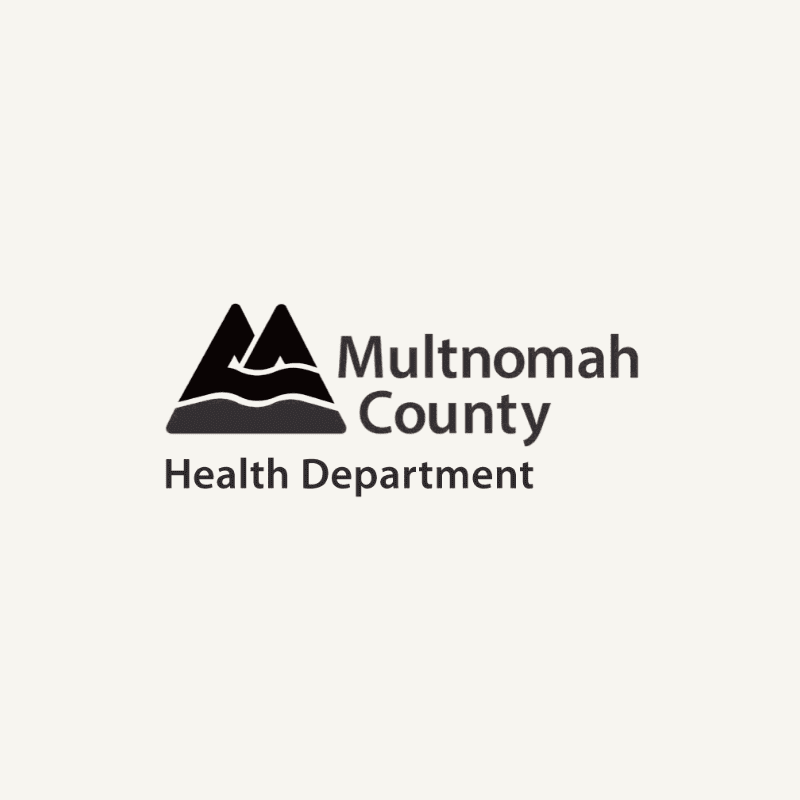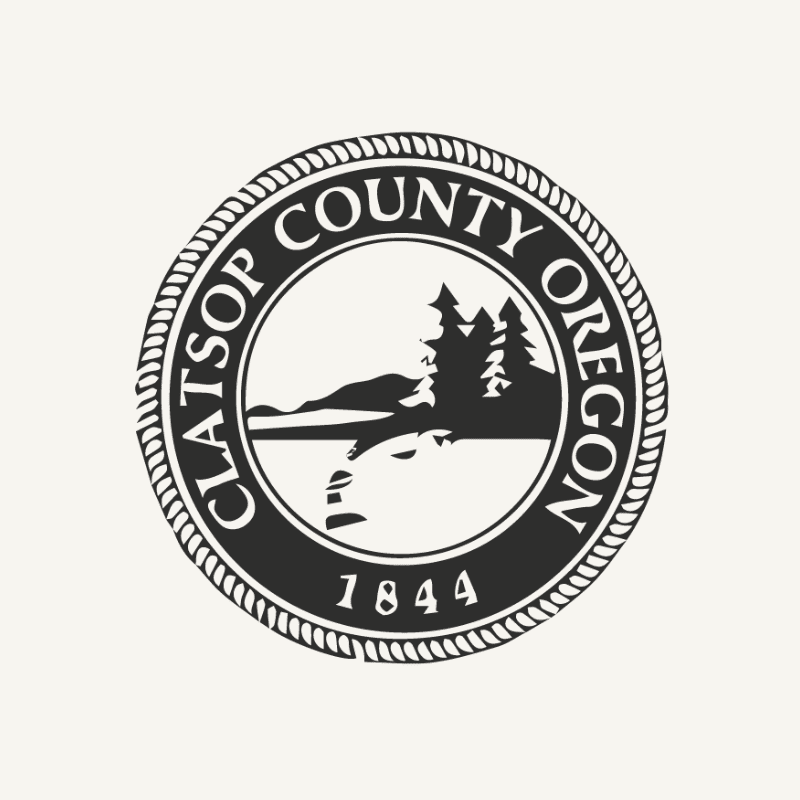Addressing common concerns
Promoting the health and dignity of people who use drugs
People who use drugs deserve access to programs that are welcoming and support their health and safety. While welcoming programs and services do exist, there is still work to do. Overdoses are on the rise, and with the pandemic, people have faced increased social isolation, economic stress and community trauma. Those who are in recovery have had their treatment and recovery services disrupted. We know we must do more to support them.
A growing movement working to reduce
drug-related harm
Harm reduction meets people where they are and supports their agency in preventing overdose and adopting safer practices, on their own terms and with the respect and dignity they deserve.
Thanks to decades of grassroots activism, there is a growing movement of people and organizations behind harm reduction. Together, we are supporting safety and reducing stigma in Oregon, in tribal communities and worldwide.
Harm reduction meets people where they are
Harm reduction provides people who use drugs with supplies and strategies proven to reduce the risks of drug use, for themselves
and the communities where they live. It’s both compassionate and effective, taking into account the complexities of drug use and the humanity of each person who is using drugs.
As opposed to punitive approaches that create more trauma and are less effective at saving lives, harm reduction is all about connecting each person with the tools they need to find their own path toward health and healing.
Evidence-based practices

When bystanders are trained to administer naloxone for opioid overdoses, survival rates increase to 83% or more.

Harm reduction programs are proven to reduce HIV and HCV infection rates by 50%.

People who use syringe service programs are 3 times more likely to stop using drugs.
Principles of harm reduction
Harm reduction is guided by core principles that center on health, justice, equity and autonomy:*
- Acceptance: For better or worse, drug use is part of our world. Harm reduction programs aim to minimize harmful effects of drug use and engage people who are using drugs with compassion, empathy and respect.
- Complexity: Drug use is complex, influenced by systemic problems like poverty, racism and trauma. “Drug use” encompasses everything from severe use to abstinence.
- Co-creation: People who use drugs have the power to reduce the harms of their own drug use and help others do the same. They must have a voice in creating programs and policies designed to serve themselves and their communities.
- Well-being: Quality of individual and community life and well-being — not necessarily cessation of all drug use — are the criteria for successful interventions and policies.
*Inspired by Principles of Harm Reduction from the National Harm Reduction Coalition.
Harm reduction strategies and how they work
Harm reduction encompasses a wide range of evidence-based strategies that support the health and safety of people who use drugs and their communities. These services may include:
- Equip people who use drugs with medication such as naloxone to prevent and reverse overdoses.
- Provide people who use drugs with supplies like new syringes and wound care kits to treat minor infections and protect themselves from diseases like Hepatitis C and HIV.
- Support safe disposal of syringes by giving out collection boxes.
- Connect people with harm reduction services alongside other medical and social services to promote health and well-being.
Ensuring all pathways to health
and healing remain open
Harm reduction is not the only solution but it is a critical element in supporting hope, healing and health. Prevention, recovery support and medical care, as well as reforms to public policies and social changes toward justice and equity, all play an important part.
